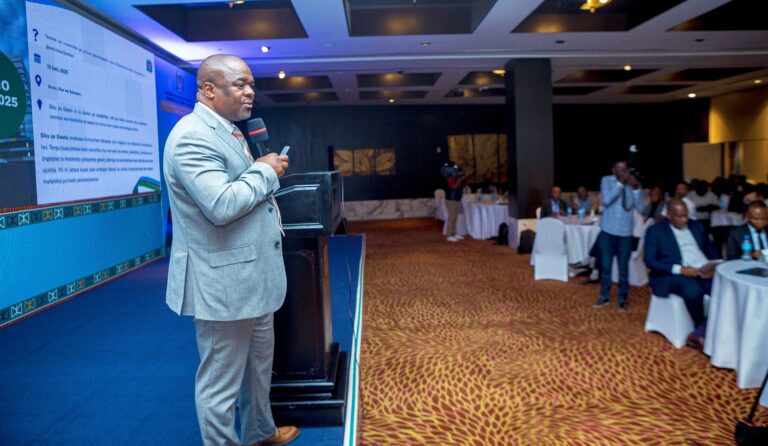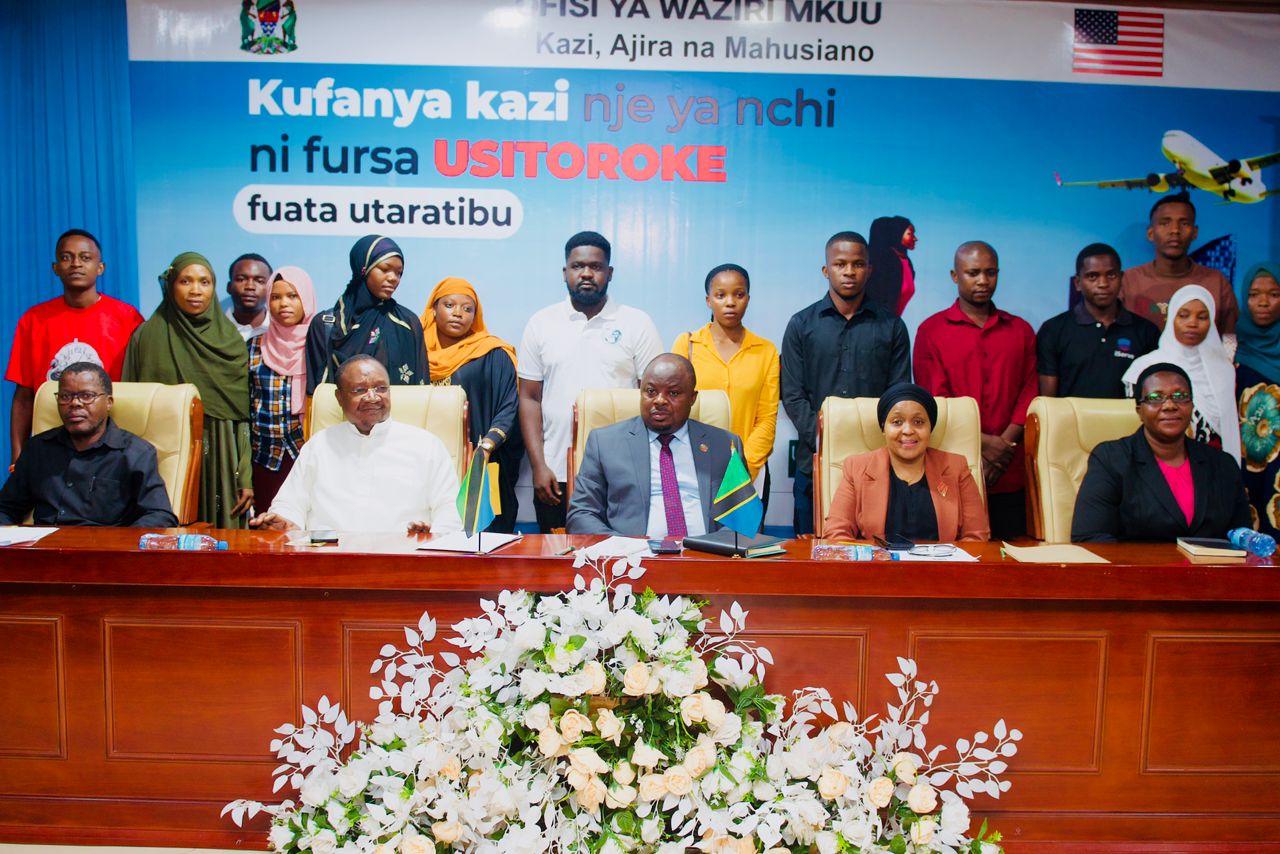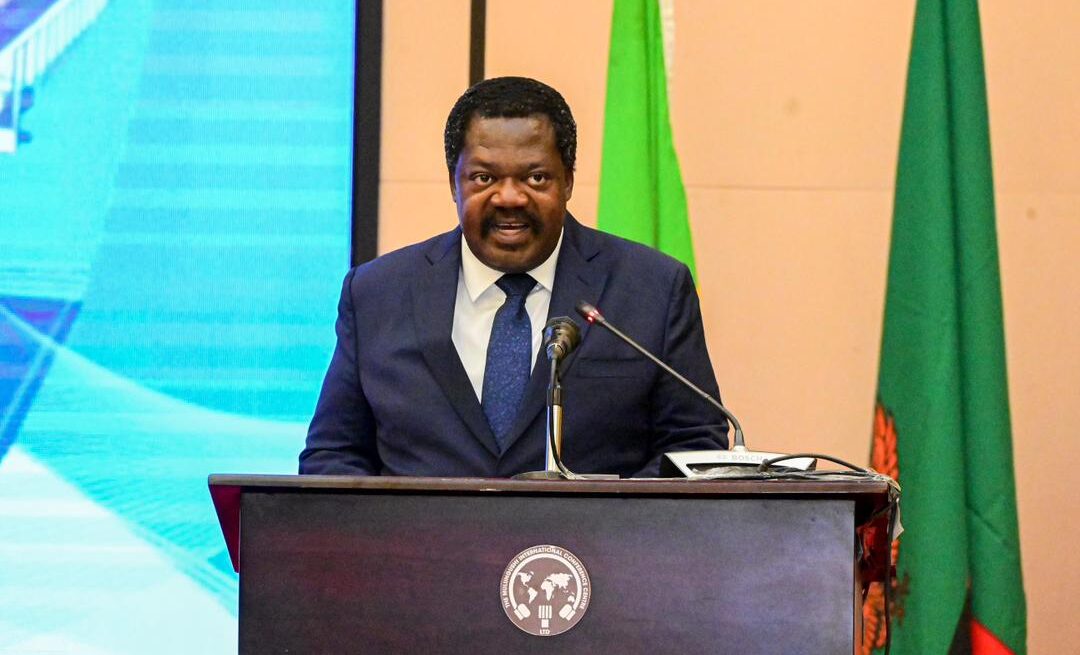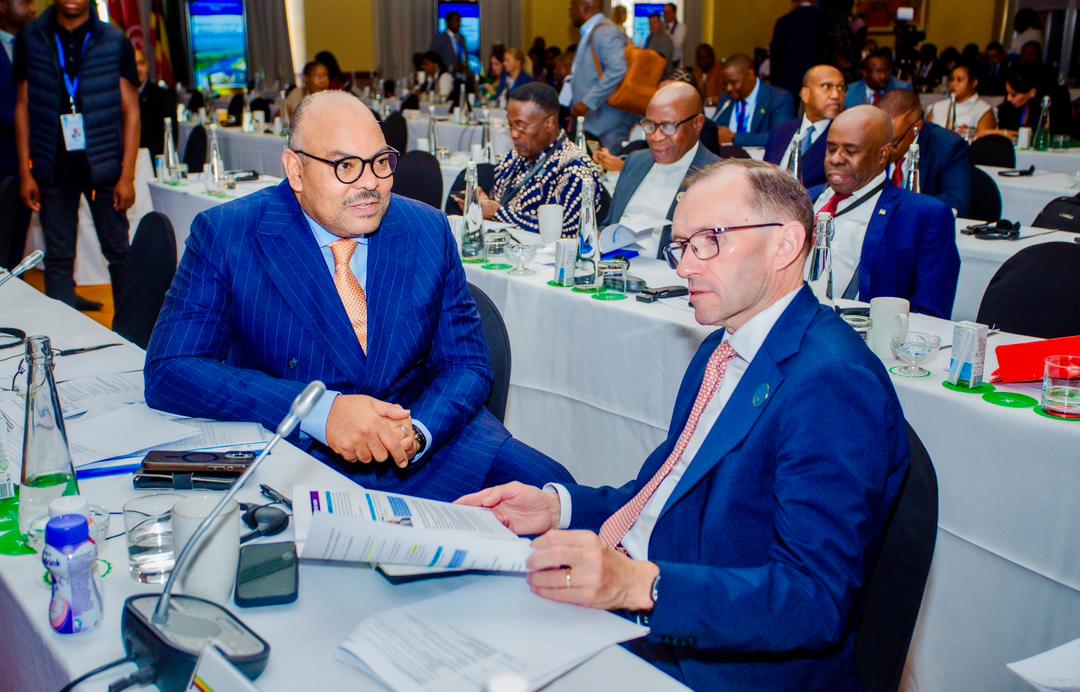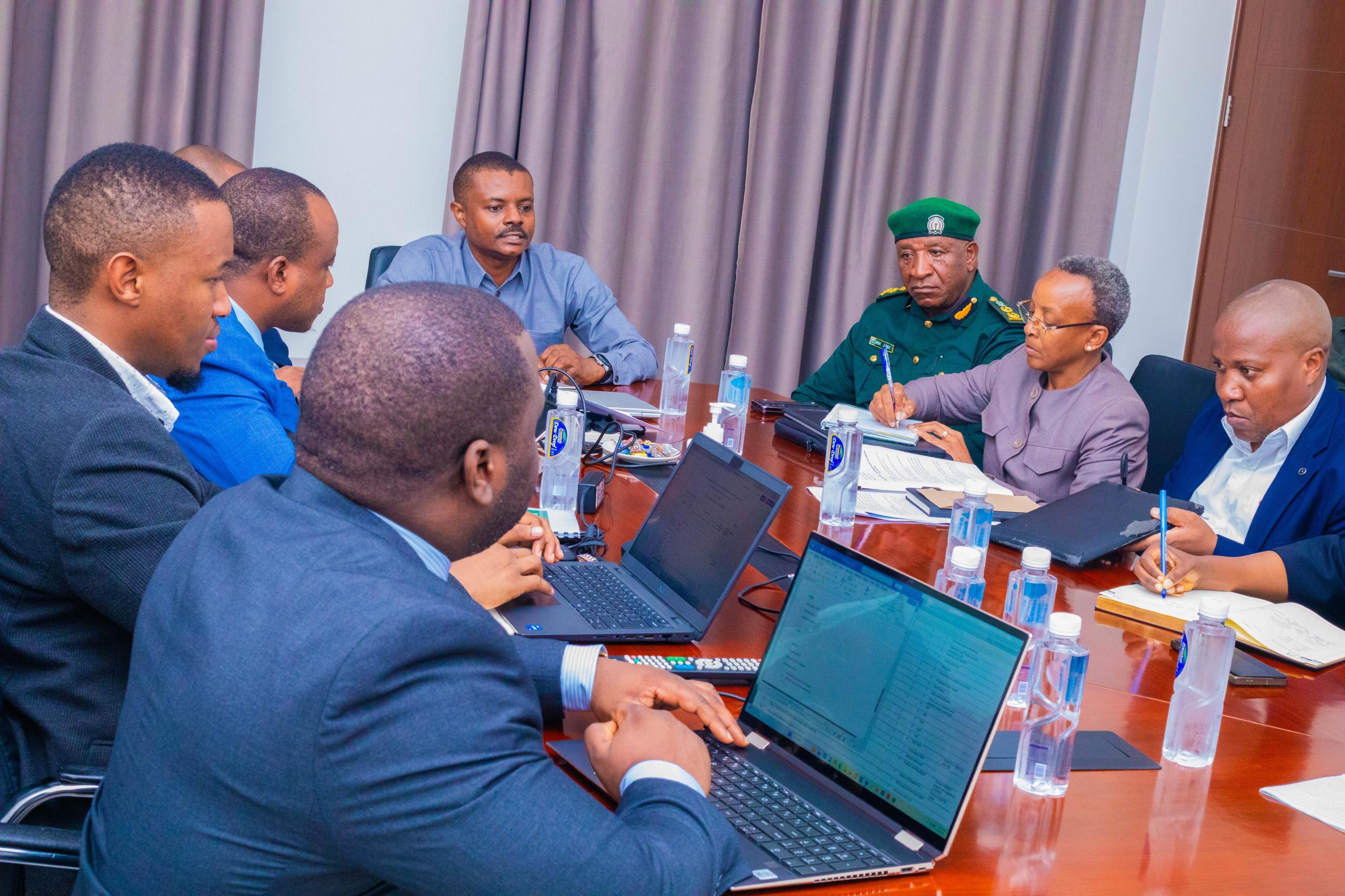Dar es Salaam. As Tanzania intensifies its drive to finance development through domestic resource mobilisation, the contribution of public institutions—particularly through non-tax revenue (NTR) such as dividends, statutory contributions and other remittances collected by the Office of the Treasury Registrar (OTR)—has emerged as a key pillar of fiscal policy.
The government’s investment through the Office of the Treasury Registrar in public entities and government minority interest companies currently stands at Sh86.3 trillion—a figure that underscores the scale of national assets expected to deliver meaningful returns.
Against this backdrop, the government has designated Tuesday, June 10, 2025, as Dividend Day—an initiative aimed at recognising and catalysing the role of State-Owned Enterprises (SOEs) and minority government-owned companies in promoting self-reliance through internally generated revenue.
But Dividend Day is more than a ceremonial event. It serves as a fiscal checkpoint, a moment of accountability and a strategic reflection on how government-owned assets are performing—not only in financial terms, but also in their role as instruments of public value.
The strategic importance of NTR
According to the Treasury Registrar, Mr Nehemiah Mchechu, non-tax revenue is not merely supplementary income—it is a pillar of sustainable budget financing.
These revenues, which are channeled directly into the Government Consolidated Fund, they finance essential sectors such as education, healthcare, water supply, and infrastructure development—without expanding the national debt or overburdening taxpayers.
This form of revenue, which includes dividends from profitable public entities, 15 percent statutory contributions from gross revenues, and other surplus remittances, is a mechanism through which public enterprises account for the value of the resources they manage on behalf of the people.
By reducing reliance on foreign aid and commercial borrowing, NTR enhances fiscal autonomy, which is crucial for a country navigating complex global economic dynamics and seeking to preserve policy independence.
Performance under the sixth phase government
Under President Samia Suluhu Hassan’s administration, non-tax revenue has shown marked improvement.
Between financial year 2020/21 and 2023/24, non-tax revenue collections by the OTR increased from Sh637.67 billion to Sh767.2 billion, marking a 20.3 percent growth.
This uptick reflects both better financial performance by SOEs and government minority interest companies, and enhanced enforcement of compliance mechanisms.
“This financial year (2024/25), we expect even bigger numbers,” Mr Mchechu said, pointing to improved corporate governance and stronger institutional alignment with national goals.
To that end, the government has set an ambitious NTR collection target of Sh1.113 trillion for the 2024/25 financial year.
Institutions that have yet to meet their remittance obligations have been directed to do so by June 30, 2025.
Revenue as an Instrument of Governance
The dividend and NTR policy also plays a crucial role in reengineering public sector accountability.
Institutions are no longer judged merely by their service delivery but by their financial returns to the state.
This signals a shift toward a performance-driven public enterprise model.
“Institutions must deliver not only on their mandates but also show tangible financial returns,” Mr Mchechu emphasized.
“Every shilling remitted translates into classroom desks, medicine in clinics, or clean water in rural villages.”
The growing number of entities contributing, and the rising value of those contributions, underscores a deepening culture of results and efficiency in the management of public resources.
Social impact and transparency
Beyond macroeconomic significance, NTR has a direct social impact.
It finances grassroots projects—health centers in rural areas, new classrooms in underserved districts, and expanded access to safe water.
These tangible outcomes build public trust and affirm that national wealth can be transparently and equitably deployed.
Ms Lightness Mauki, Director of Performance Management, Monitoring and Evaluation at the OTR, adds that transparency in the collection and utilization of NTR fosters civic confidence.
“Citizens begin to see themselves not just as beneficiaries but as stakeholders in public finance,” she said.
This transparency also strengthens participatory governance.
By encouraging public scrutiny of how dividends and contributions are used, the system reinforces democratic accountability and social cohesion.
Institutional reforms and technology integration
To plug revenue leakages and enhance compliance, the government has adopted digital tools like PlanRep and electronic payment systems across ministries and agencies.
These platforms enhance traceability, reduce manual errors, and ensure timely remittances.
Moreover, the OTR conducts regular audits and evaluations of SOEs and parastatals to assess potential revenue sources and track underperformance.
This continuous monitoring ensures that no opportunity for public income is left untapped.
Legal framework and revenue composition
The legal backing for NTR is robust. Dividends are collected under the Companies Act and Public Corporations Act, while 15 percent gross revenue contributions are mandated under the Public Finance Act.
Additional remittances—such as 70 percent of annual surpluses, loan repayments, and telecom fees from the Telecom Traffic Monitoring System (TTMS) system—further diversify the revenue base.
These sources form a multi-channel stream of domestically mobilized resources that can finance national priorities without increasing taxation or external debt burden.
A National call to action
According to Ms Neema Musomba, Director of Management Services at the OTR, the stakes are national.
“This is not just a financial transaction—it’s a patriotic duty,” she said.
“Every public institution and every company with government shares must contribute. That is how we secure the future of Tanzania.”
With Dividend Day 2025, the government is not only celebrating achievements but also reinforcing the message that every shilling counts, every institution matters, and every contribution shapes the country’s trajectory.

